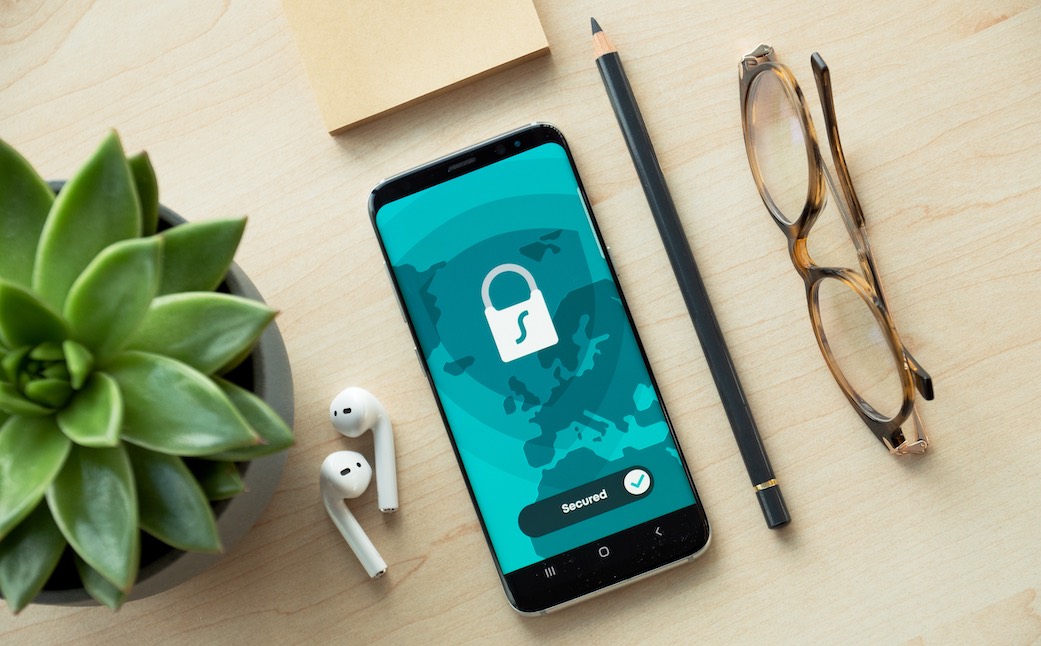Aiming to remain anonymous online
& Cyber security & privacySteps for trying to keep anonymous on the internet.

Aiming to remain Anonymous on the Internet
There are many steps you can take in aid to try and remain as anonymous as you can on the internet, we will discuss a few here. Truthfully its very hard to remain anonymous online but there are a few steps you can take to reduce your footprint.
There are many steps you can take in aid to try and remain as anonymous as you can on the internet, we will discuss a few here. Truthfully its very hard to remain anonymous online but there are a few steps you can take to reduce your footprint.
1. Using a VPN (Virtual private network). They are not 100% full proof but are a good step in
the right direction. Some of the VPN options are:
the right direction. Some of the VPN options are:
a) Nord VPN Private
b) Access internet
These are easily downloaded to your computer and work to keep your details and search history private. VPNs encrypt all web traffic from browsers and other web apps. As well as hiding your IP address, VPNs hide your browsing history so your internet service provider (ISP) can’t see any of your online activity. It takes a few minutes to set this up after downloading.
2. Don't Google. These popular search engines are notorious for collecting your data. When you google "where to buy jeans?", this is why your social media and ads seem to be inundated with pairs of jeans. You have 2 options here, you can use an encrypted browser or see VPN above. You could choose to use a search engine like 'Duck Duck Go' which doesn't harvest your information.
b) Access internet
These are easily downloaded to your computer and work to keep your details and search history private. VPNs encrypt all web traffic from browsers and other web apps. As well as hiding your IP address, VPNs hide your browsing history so your internet service provider (ISP) can’t see any of your online activity. It takes a few minutes to set this up after downloading.
2. Don't Google. These popular search engines are notorious for collecting your data. When you google "where to buy jeans?", this is why your social media and ads seem to be inundated with pairs of jeans. You have 2 options here, you can use an encrypted browser or see VPN above. You could choose to use a search engine like 'Duck Duck Go' which doesn't harvest your information.
3. Try to use secure email services. Remember that Google has so many benefits and is very easy to use but the pay off to this is Google collects all of our data, it keeps all of our emails and data on its servers. So those @gmail email addresses are not secured, this doesn't make them bad in any other way, only if you don't want your data collected. There are secure options like ProtonMail, all your emails using this service have end-to-end encryption with open source code, making them much safer. Another option is a temporary email, sometimes when trying to buy something or filling out an online form its compulsory to fill in an email address, you can get these from services like Temp Mail Generate for free.
4. Try using an encrypted messaging app. Instead of sending a text message via your message app on your phone, try an app like Signal or WhatsApp. With apps like these, all communications have end-to-end encryption on its open-source protocol. Again easily downloaded form the app store, to use simply open the app and write your messages like you would in your "messages" app into this new encrypted one. The company can’t see your messages or calls, and there are no ads or trackers.
4. Try using an encrypted messaging app. Instead of sending a text message via your message app on your phone, try an app like Signal or WhatsApp. With apps like these, all communications have end-to-end encryption on its open-source protocol. Again easily downloaded form the app store, to use simply open the app and write your messages like you would in your "messages" app into this new encrypted one. The company can’t see your messages or calls, and there are no ads or trackers.
5. We are certainly not here to get you to stop using Google, however a lot of us use a Google Drive to store our photos and documents. This has the downfalls as an email or googling something on the web - it's not great in terms of your privacy. Instead you could use an encrypted storage drive like Tresorit or ProtonDrive.
6. Limit the amount of PII you give out (Personally Identifiable Information) Make sure your not sharing addresses, phone numbers or anything that is unique to you.
7. Check app permissions. We all do this - accepting an app’s terms and conditions, but before you do, see what permissions the app has. For example, does it always need to know your location, or can you disable this feature? Most apps ask for as many permissions as they can, be vigilant to keep track of them.
7. Check app permissions. We all do this - accepting an app’s terms and conditions, but before you do, see what permissions the app has. For example, does it always need to know your location, or can you disable this feature? Most apps ask for as many permissions as they can, be vigilant to keep track of them.
8. Read privacy policies, again something we are all guilty of not doing. Similarly, check what data a website or app collects, shares, and/or sells before you use it.
9. Don’t use voice assistants. Voice assistants make for convenient home automation or easy to do things while you're driving. However, they’re notoriously bad for privacy. There have been known breaches in this space so best just to steer clear.
10. Stay off social media and if you cant or don't want to ensure your privacy settings are tight. As well as sharing as less PII you need to. Remembering keeping pictures of your kids especially in school uniform to a bare minimum if at all. Just remember everything you put out there is there permanently.
As we said at the beginning of this, it takes a lot of effort to remain anonymous online and perhaps thats not always necessarily the goal but I think from time to time we can all tighten up out digital practices as from time to time you can become complacent. The internet used to be a place where information was readily accessed and available now. With data becoming a monetised commodity, anything companies can learn about you is a way to sell you something. In the right circumstances this can be helpful but it always pays to be aware and vigilant.
Lesson complete - New skill, tick!

Become a subscriber today and level up your business skills!
- Access to our ever-growing library of skills and training material
- Build your digital skills and confidence online
- Highlight your business by featuring in our directory



